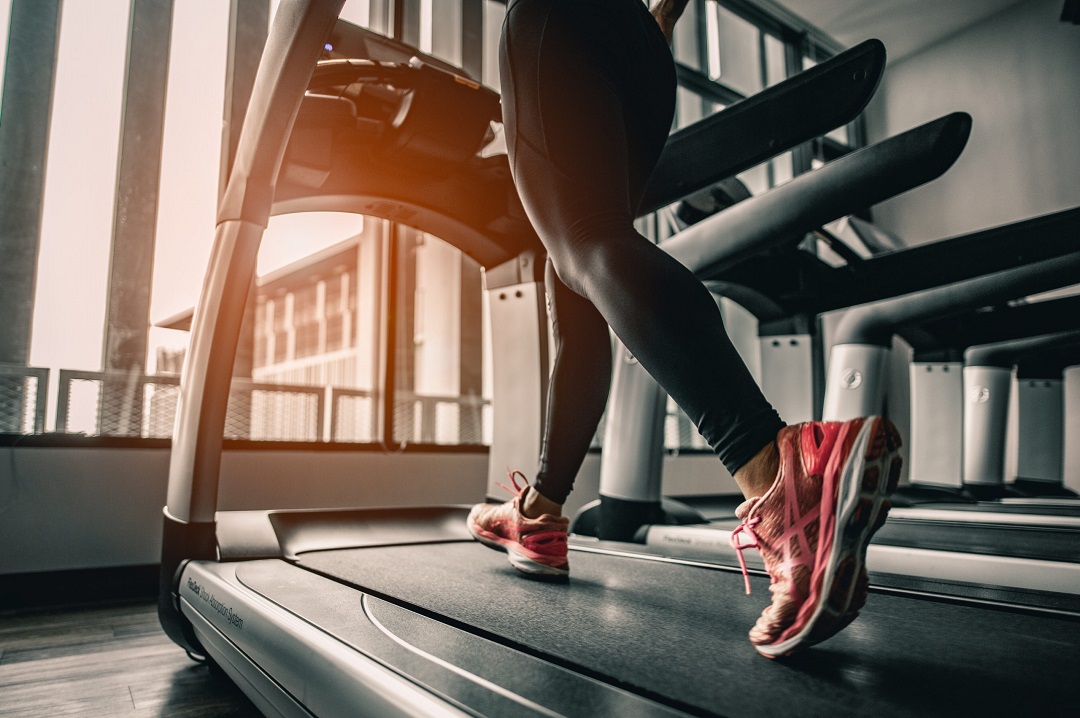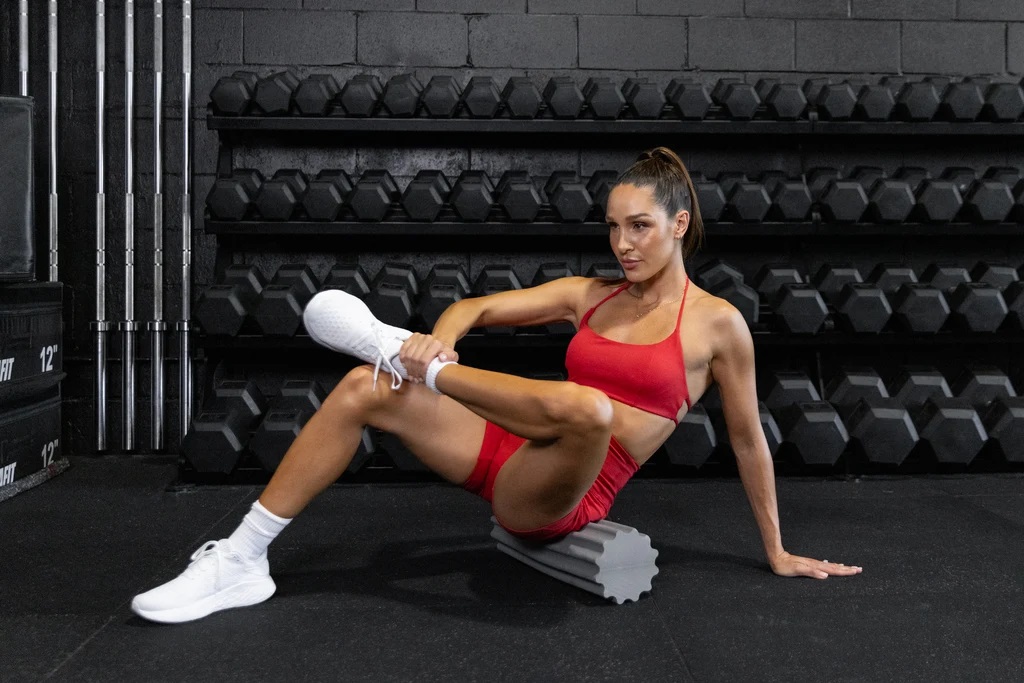Absolutely! Cardiovascular exercise, often referred to as cardio, is beneficial for women over 50 and individuals of all ages. Here’s why.
Contents
Benefits of Cardio for Women Over 50:
- Heart Health: Cardio exercises, such as walking, jogging, cycling, and swimming, help improve heart health by strengthening the heart muscle, reducing blood pressure, and lowering cholesterol levels.
- Weight Management: Regular cardio workouts can aid in weight management by burning calories and increasing metabolism, which is especially important as metabolism tends to slow down with age.
- Bone Health: Weight-bearing cardio exercises, like walking and dancing, can help maintain bone density and reduce the risk of osteoporosis, a condition common among women over 50.
- Mood Enhancement: Cardiovascular exercise releases endorphins, neurotransmitters that promote feelings of happiness and well-being, helping to reduce stress, anxiety, and depression.
- Improved Sleep: Engaging in regular cardio can improve sleep quality, helping women over 50 enjoy better rest and wake up feeling more refreshed.
- Enhanced Cognitive Function: Cardiovascular exercise has been linked to improved cognitive function and a reduced risk of cognitive decline and dementia in older adults.
- Increased Energy Levels: Regular cardio workouts can boost energy levels and stamina, allowing women over 50 to stay active and engaged in daily activities.
Tips for Cardio Exercise:
- Start Slowly: If you’re new to exercise or haven’t been active for a while, start with low-impact activities like walking and gradually increase the intensity and duration of your workouts.
- Choose Activities You Enjoy: Select cardio exercises that you enjoy doing to increase the likelihood of sticking with your fitness routine. Whether it’s dancing, swimming, or cycling, find activities that make you feel good and keep you motivated.
- Mix It Up: Incorporate a variety of cardio activities into your routine to prevent boredom and challenge different muscle groups. Try alternating between walking, cycling, swimming, and aerobic classes for a well-rounded workout regimen.
- Listen to Your Body: Pay attention to how your body feels during and after exercise. If you experience pain or discomfort, adjust your workout intensity or try a different activity to avoid injury.
- Stay Consistent: Aim for at least 150 minutes of moderate-intensity cardio exercise per week, spread out over several days. Consistency is key to reaping the benefits of cardiovascular exercise.
FAQs (Frequently Asked Questions)
1. Can women over 50 start a cardio routine if they’ve never exercised before?
Yes, women over 50 can start a cardio routine at any fitness level. It’s essential to begin slowly and gradually increase intensity to prevent injury and allow the body to adapt to exercise.
2. How often should women over 50 do cardio workouts?
Women over 50 should aim for at least 150 minutes of moderate-intensity cardio exercise per week, which can be broken down into 30 minutes a day, five days a week. However, any amount of physical activity is beneficial, so even shorter bouts of exercise can be beneficial.
3. What are some low-impact cardio options for women over 50?
Low-impact cardio exercises that are gentle on the joints include walking, swimming, cycling, elliptical training, and water aerobics. These activities provide cardiovascular benefits without putting excessive stress on the joints.
4. Can women over 50 incorporate strength training along with cardio exercises?
Yes, combining cardio with strength training is an excellent way for women over 50 to maintain overall health and fitness. Strength training helps preserve muscle mass, improve bone density, and increase metabolism.
5. Are there any precautions women over 50 should take before starting a new cardio routine?
Before starting a new exercise program, it’s a good idea for women over 50 to consult with their healthcare provider, especially if they have any underlying health conditions or concerns. Additionally, wearing appropriate footwear and staying hydrated during exercise are essential precautions to take.





